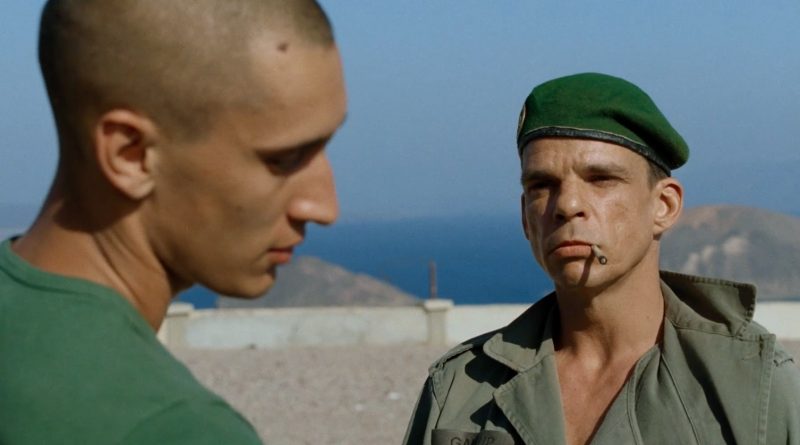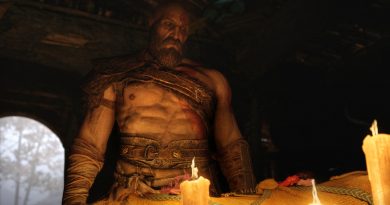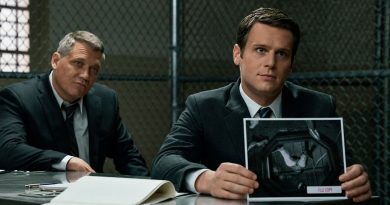‘Beau Travail’ Review: Claire Denis’ Finest Hour
While I’m certainly not an aficionado of her work, Beau Travail seems to be the the perfect crystallization of Claire Denis‘ style. Like other films of hers, it is obtuse, slow, and somewhat abstract, however these elements synchronize perfectly here whereas in other movies like High Life, they fall short. When it was released in 1999, Beau Travail was considered one of the best films of the 1990s, and while that distinction may be a bit overblown, it isn’t by much.
The film is a loose adaptation of Herman Melville‘s Billy Budd, as well as an adaptation of Benjamin Britten‘s opera of the same name. The story follows the recollections of a French Legion soldier named Galoup (Denis Lavant), a man who lives a simple and obsessive life as he strives to be the perfect soldier. He serves under the command of Bruno Forrestier, who he admires greatly despite being a degenerate, and commands a unit stationed in Djibouti, leading them through endless mundane routines and combat training. When a handsome young soldier named Sentain is assigned to his unit and attracts the attention of Forrestier, Galoup becomes inflamed with envy and begins a quest to destroy Sentain at the cost of his own career and sanity.
Beau Travail‘s narrative is told loosely, with certain details often left to implication or imagination. Its story is told more through mood and cinematic technique and less through dialogue and events. This oblique storytelling style is indicative of the main character’s repression of his own desires and emotions, dehumanizing himself in order to be a perfect soldier. The cinematography is absolutely beautiful, often focusing on the stark landscapes around Djibouti and the strange natural wonders there. This, combined with the music from Britten’s opera and sparse dialogue, gives much of the film a balletic quality, especially in the combat training sequences. The editing is also very interesting and inventive, linking together sequences from different points in time to create a cool, meditative mood that draws one into the world and its characters. Beau Travail succeeds in large part because it is technically immaculate, and features Denis at the height of her directorial powers.
The performances are all good as well, if extremely subtle. Denis Lavant steals the show, having to play a man who is inscrutably calm despite a storm raging inside of him. He accomplishes the unforgivingly difficult task of allowing the audience to see his character fully, showing what lies beneath Galoup’s carefully controlled and affectless exterior, while allowing none of it to come through to the other characters in the film. He also manages to pull off one of cinema’s best dance scenes.
In the end, Beau Travail is both complex, yet deceptively simple. It is about a man who is afraid of what lies within himself, and how his continual repression of it in the name of duty and discipline eventually becomes destructive. The film tells this tale through its masterful use of cinematic techniques, coordinating the technical and narrative aspects so they play off and emphasize one another beautifully. It is abstract in a strange way, simplifying things to the point where they become complex again, hard to grasp intellectually but easy to understand intuitively. It’s pace is easygoing and languid, but the film is ruthlessly edited, maintaining a short runtime with very little fat. All in all, it’s a great work of art and definitely worth viewing.




